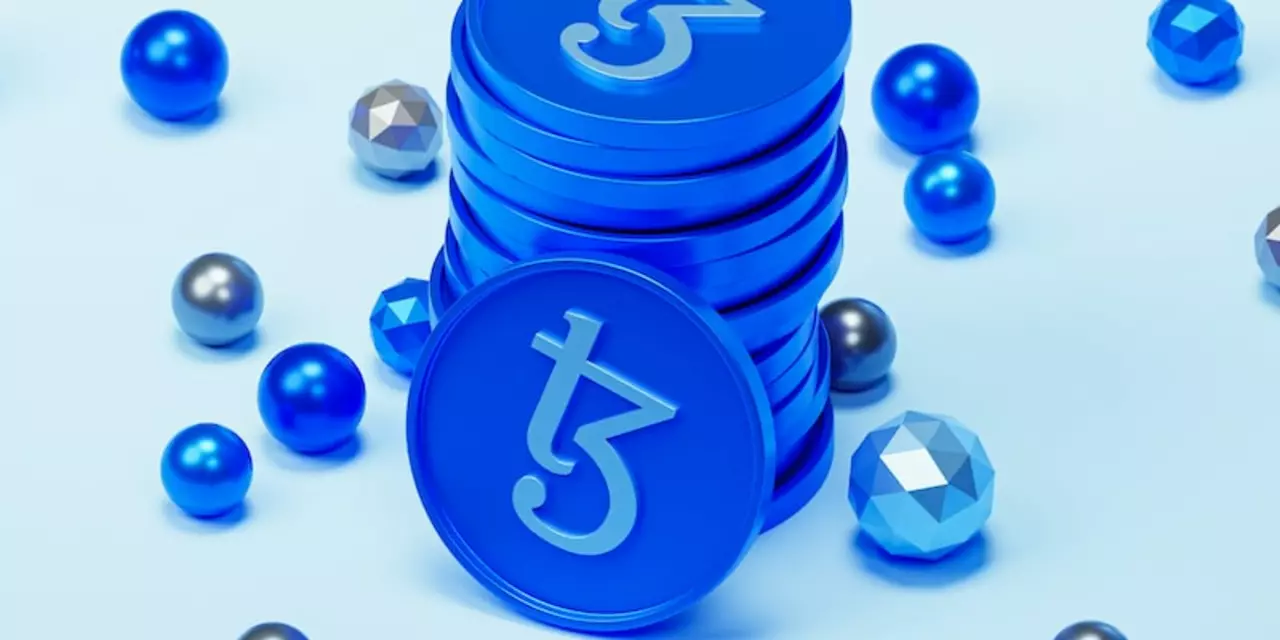Blockchain in Gaming & Esports – What It Means for Players
Ever wondered why crypto words keep popping up in gaming forums? It’s not hype; blockchain is actually giving gamers new ways to own, trade, and earn digital stuff. Unlike classic in‑game items that live on a single server, blockchain assets sit on a public ledger, so you truly own them no matter who runs the game.
Play‑to‑Earn and Real‑World Value
Play‑to‑earn (P2E) games let you earn tokens or NFTs just by logging in, winning matches, or completing quests. Those tokens can be swapped for other crypto or cash, turning a hobby into a side hustle. For esports pros, this opens a fresh revenue stream beyond prize money and sponsorships. Imagine winning a tournament and automatically receiving a unique NFT trophy that you can sell later.
Secure Transfers and Transparent Tournaments
Blockchain’s smart contracts automate payments and enforce rules without a middleman. When a team wins a cash prize, the contract instantly distributes the funds to every player’s wallet. This cuts down on disputes and delays. Fans can also track tournament brackets on a blockchain explorer, confirming that scores aren’t being tampered with.
Beyond payouts, blockchain lets you buy, sell, or rent in‑game skins, characters, and even entire virtual lands. Since each item has a unique token ID, there’s no risk of duplicate copies or counterfeit goods. You can showcase your collection on a marketplace and trade it whenever you like.
For developers, launching a game on a blockchain can attract a community that’s already familiar with crypto. It also offers new monetization models: instead of selling a single copy, creators can release limited‑edition NFTs that appreciate over time. Players who buy early get a stake in the game’s success, which can boost loyalty.
But don’t expect everything to be perfect. Blockchain games sometimes need higher learning curves for wallet setup, and transaction fees can add up during busy periods. The industry is still figuring out the best ways to keep costs low and user experience smooth.
If you’re curious about getting started, the first step is setting up a crypto wallet like MetaMask or Trust Wallet. Once you have one, you can connect it to supported games, claim your first token, and explore the marketplace. Most platforms guide you through the process, so you won’t need to be a blockchain expert.
Bottom line: blockchain is turning virtual items into real assets, making esports payouts faster, and opening fresh ways for gamers to earn. Whether you’re a casual player, a competitive pro, or a game developer, keeping an eye on this tech could give you an edge in the next wave of gaming.
